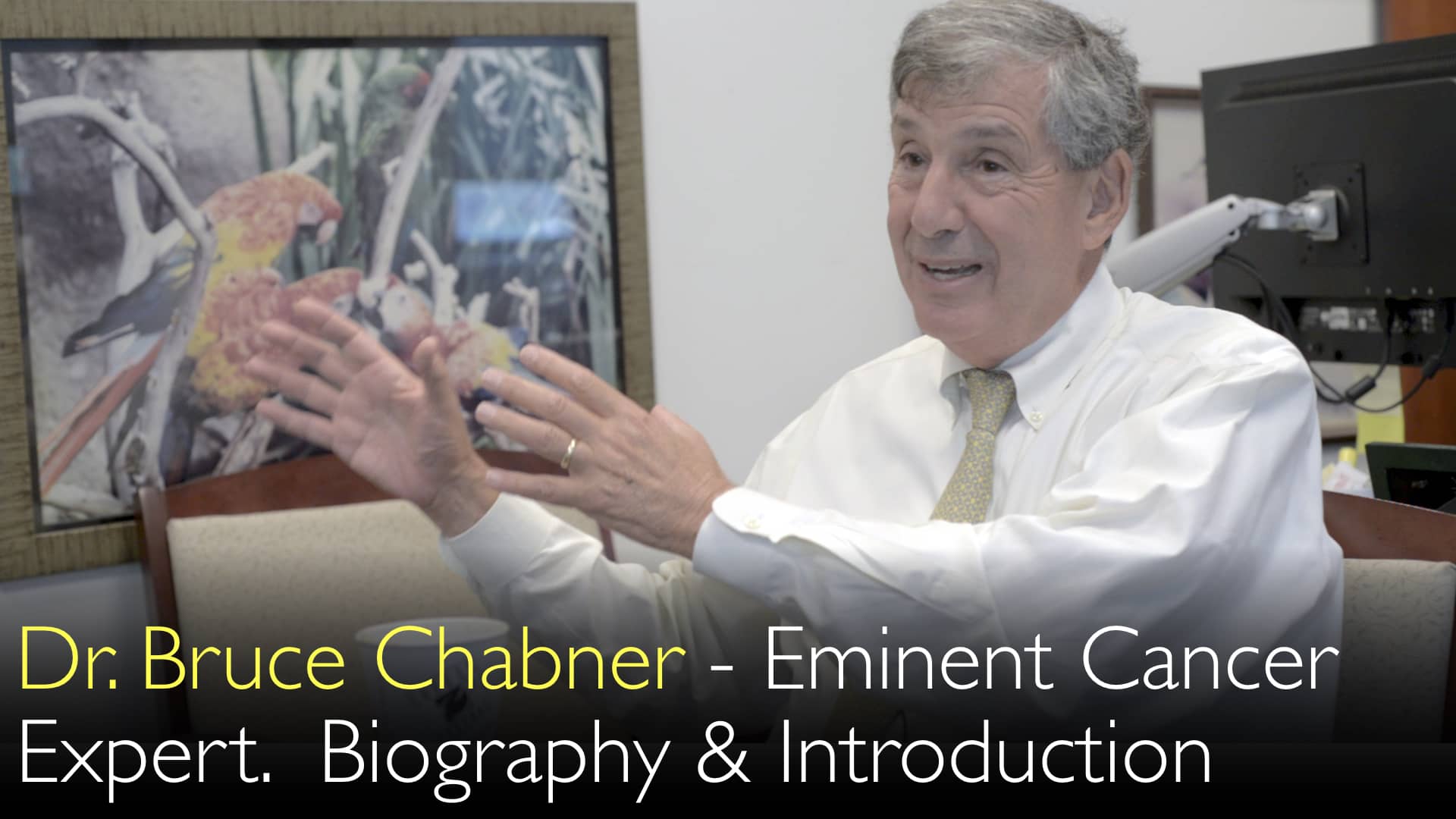Éminent expert en oncologie, le Dr Bruce Chabner, MD, souligne que vaincre le cancer repose sur des avancées scientifiques solides et un soutien gouvernemental à la recherche fondamentale. Il insiste sur la nécessité de dépasser les promesses électorales pour privilégier la prévention, le dépistage précoce et le développement de traitements efficaces, fondés sur une compréhension approfondie de la biologie de la maladie.
Stratégies pour vaincre le cancer : au-delà du Moonshot et de la guerre contre le cancer
Aller à la section
- La découverte scientifique comme fondement
- Le rôle crucial du soutien gouvernemental
- La puissance de la prévention et du dépistage précoce
- Dépasser les slogans de campagne
- L'avenir des progrès thérapeutiques en cancérologie
- Une feuille de route réaliste pour guérir le cancer
- Transcription intégrale
La découverte scientifique comme fondement
Les véritables avancées contre le cancer émergent de découvertes scientifiques fondamentales, et non de campagnes de communication. Le Dr Bruce Chabner souligne que si des initiatives comme le "Cancer Moonshot" sont utiles pour mobiliser l'opinion publique, la stratégie thérapeutique doit s'appuyer sur une science rigoureuse. La complexité biologique du cancer exige une compréhension approfondie, nourrie par la recherche, pour développer des interventions efficaces.
Le rôle crucial du soutien gouvernemental
Le financement public soutenu de la recherche fondamentale sur le cancer est le pilier essentiel de la lutte contre cette maladie. Le Dr Chabner identifie cet appui continu comme la base sur laquelle reposent toutes les futures thérapies et outils diagnostiques. Cet investissement permet d'explorer le cancer au niveau moléculaire, ouvrant la voie à des percées ensuite traduites en applications cliniques pour les patients.
La puissance de la prévention et du dépistage précoce
L'enjeu va au-delà de la crainte du cancer pour s'engager activement dans des actions efficaces qui préviennent son apparition et assurent son dépistage précoce, quand il est le plus curable. Le Dr Bruce Chabner précise qu'une feuille de route complète pour vaincre le cancer ne se limite pas au traitement ; elle inclut impérativement des mesures de santé publique, des changements de mode de vie et des programmes de dépistage qui empêchent le cancer de se développer ou le détectent à ses stades les plus précoces et traitables.
Dépasser les slogans de campagne
Des appellations comme "Guerre contre le cancer" ou "Moonshot" sont utiles pour sensibiliser, mais ne constituent pas en elles-mêmes une stratégie viable d'éradication. Lors de son échange avec le Dr Anton Titov, le Dr Chabner note que ces campagnes sont efficaces pour souligner l'urgence des progrès. Cependant, le vrai travail s'effectue dans les laboratoires et les essais cliniques, où les hypothèses sont testées et les données recueillies, loin des projecteurs.
L'avenir des progrès thérapeutiques en cancérologie
Les tendances thérapeutiques sont de plus en plus personnalisées, s'appuyant sur les découvertes issues de la recherche fondamentale en génétique, immunologie et biologie tumorale. Le Dr Bruce Chabner estime que les progrès futurs découleront directement de l'expansion de nos connaissances. Cette approche s'éloigne des traitements universels au profit de thérapies adaptées aux caractéristiques spécifiques du cancer de chaque patient, permettant une meilleure efficacité et moins d'effets secondaires.
Une feuille de route réaliste pour guérir le cancer
Une feuille de route pratique et efficace pour vaincre le cancer est un effort multidimensionnel qui équilibre les besoins immédiats des patients avec les objectifs scientifiques à long terme. Elle implique un engagement constant en faveur de la recherche, une priorité accordée à la prévention et au dépistage en santé publique, et une application judicieuse des nouvelles connaissances dans la pratique clinique. Comme l'expose le Dr Chabner au Dr Anton Titov, cette stratégie intégrée, nourrie par la découverte, offre la voie la plus prometteuse pour finalement maîtriser et guérir le cancer.
Transcription intégrale
Dr. Anton Titov, MD: Il ne s'agit pas seulement de craindre le développement d'un cancer. Il s'agit d'agir pour le prévenir et le détecter précocement, lorsqu'il est curable !
Actions efficaces pour éviter le cancer : un éminent expert en cancérologie évoque les grands mots des campagnes de lutte. Comment guérir le cancer ? "Guerre contre le cancer", "Cancer Moonshot" — voilà les noms des campagnes pour "éradiquer le cancer". Nous les entendons régulièrement dans l'actualité.
Dr. Anton Titov, MD: Votre expérience en diagnostic et traitement du cancer est précieuse. Quelle est la feuille de route actuelle pour vaincre le cancer ? Quelles sont les tendances thérapeutiques ? C'est une vaste question, mais vous avez l'expertise nécessaire !
Dr. Bruce Chabner, MD: Oui, ces efforts sont très louables. Ils jouent un rôle positif en créant un soutien public. Nous devons insister sur la nécessité de progresser en thérapie anticancéreuse. Sur ce point, nous sommes tous d'accord.
Ce qui fait débat, ce sont nos stratégies. Elles doivent émaner de la science. On n'élabore pas une stratégie en collant une étiquette sur quelque chose. Qu'on l'appelle "moonshot" ou autre chose.
Les véritables progrès thérapeutiques naissent des découvertes scientifiques. Ainsi, l'élément le plus important reste le soutien gouvernemental à la recherche fondamentale sur le cancer.





